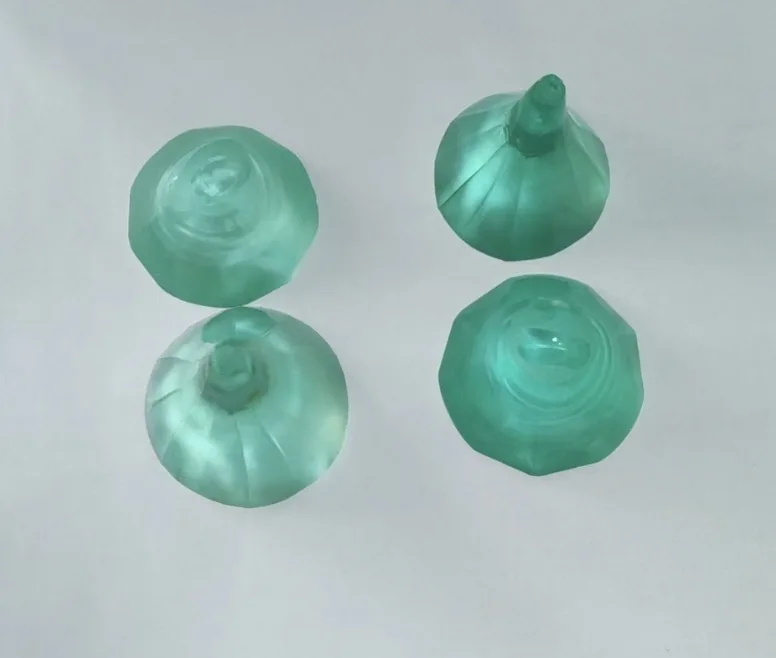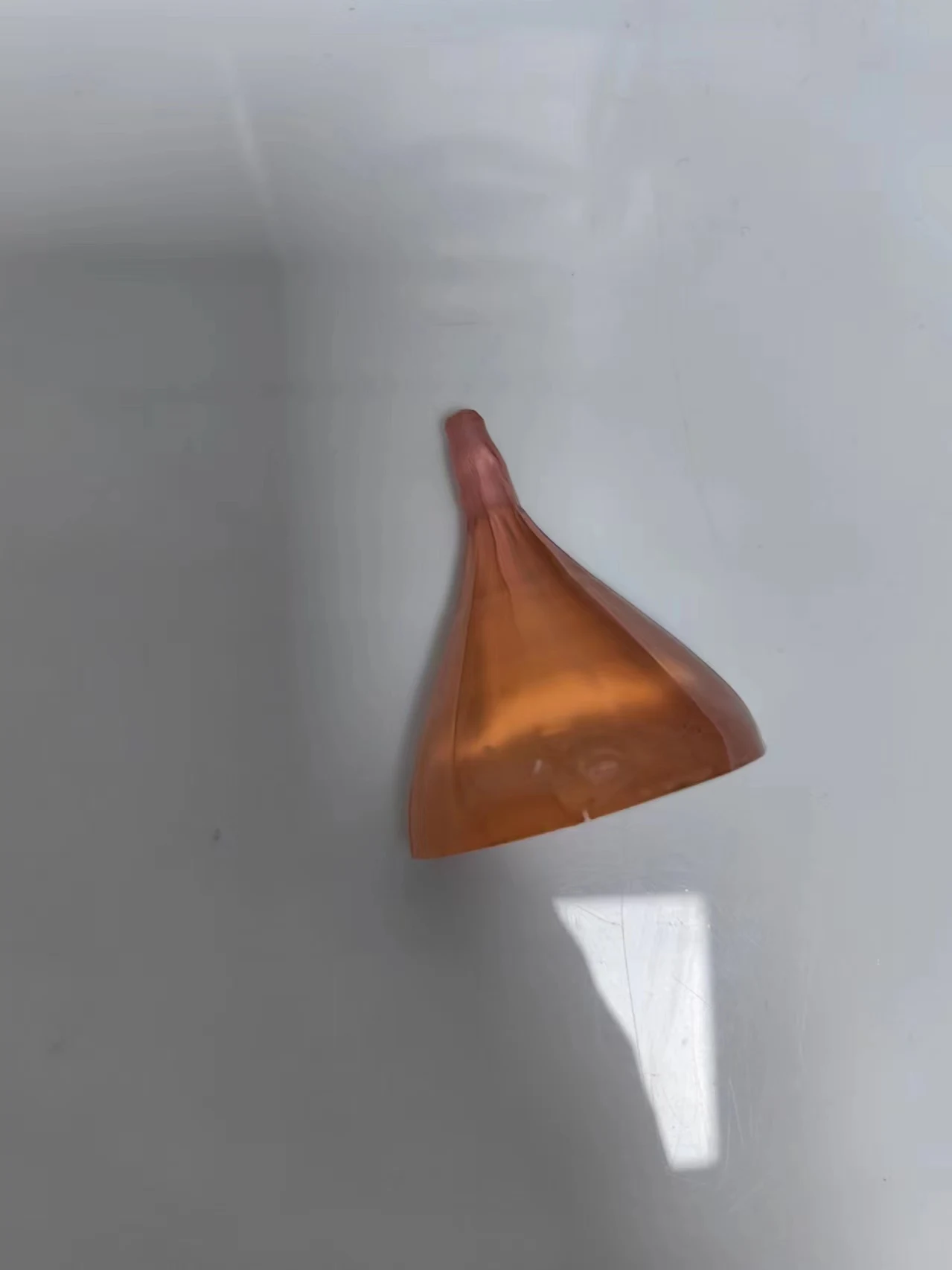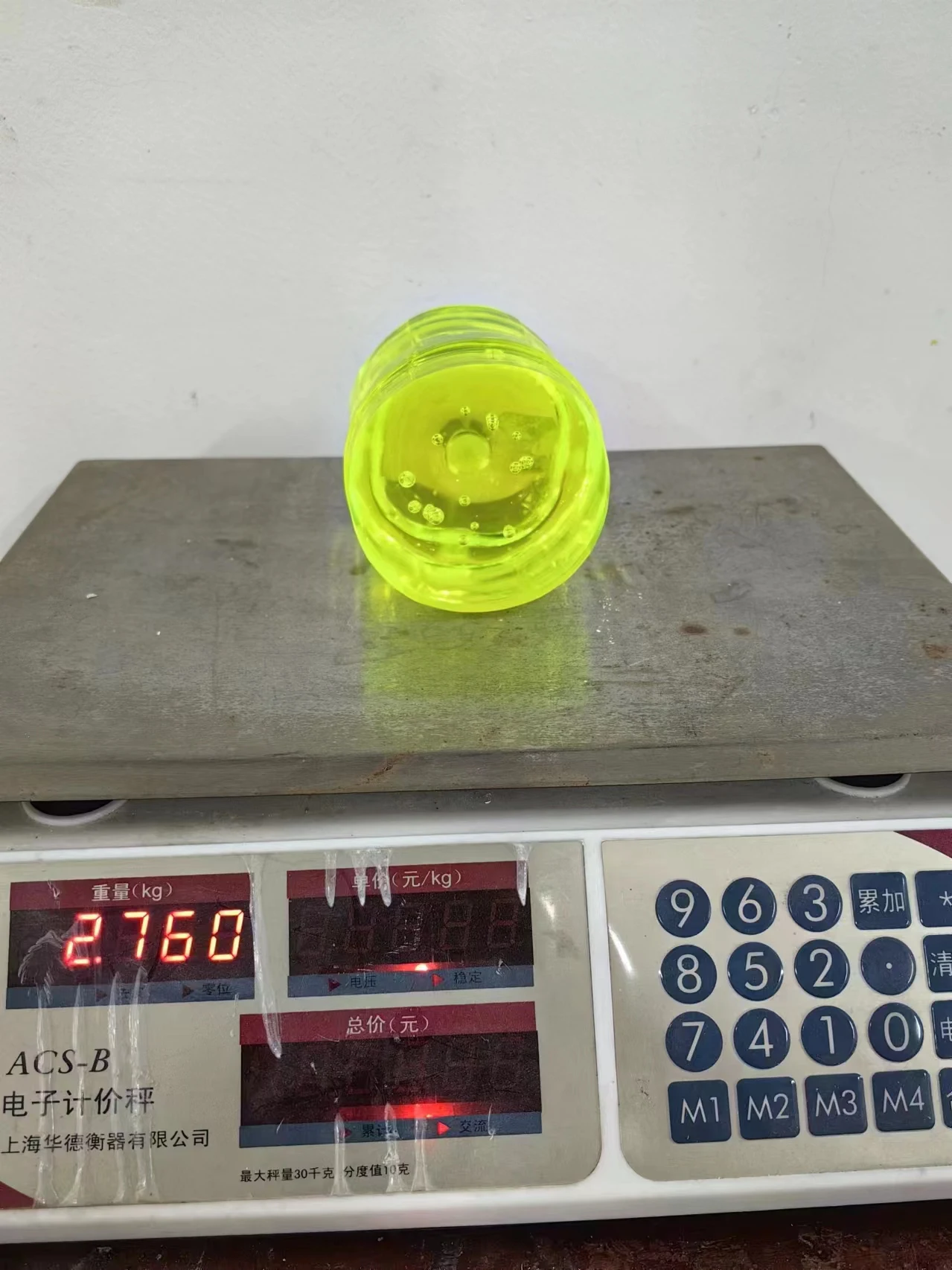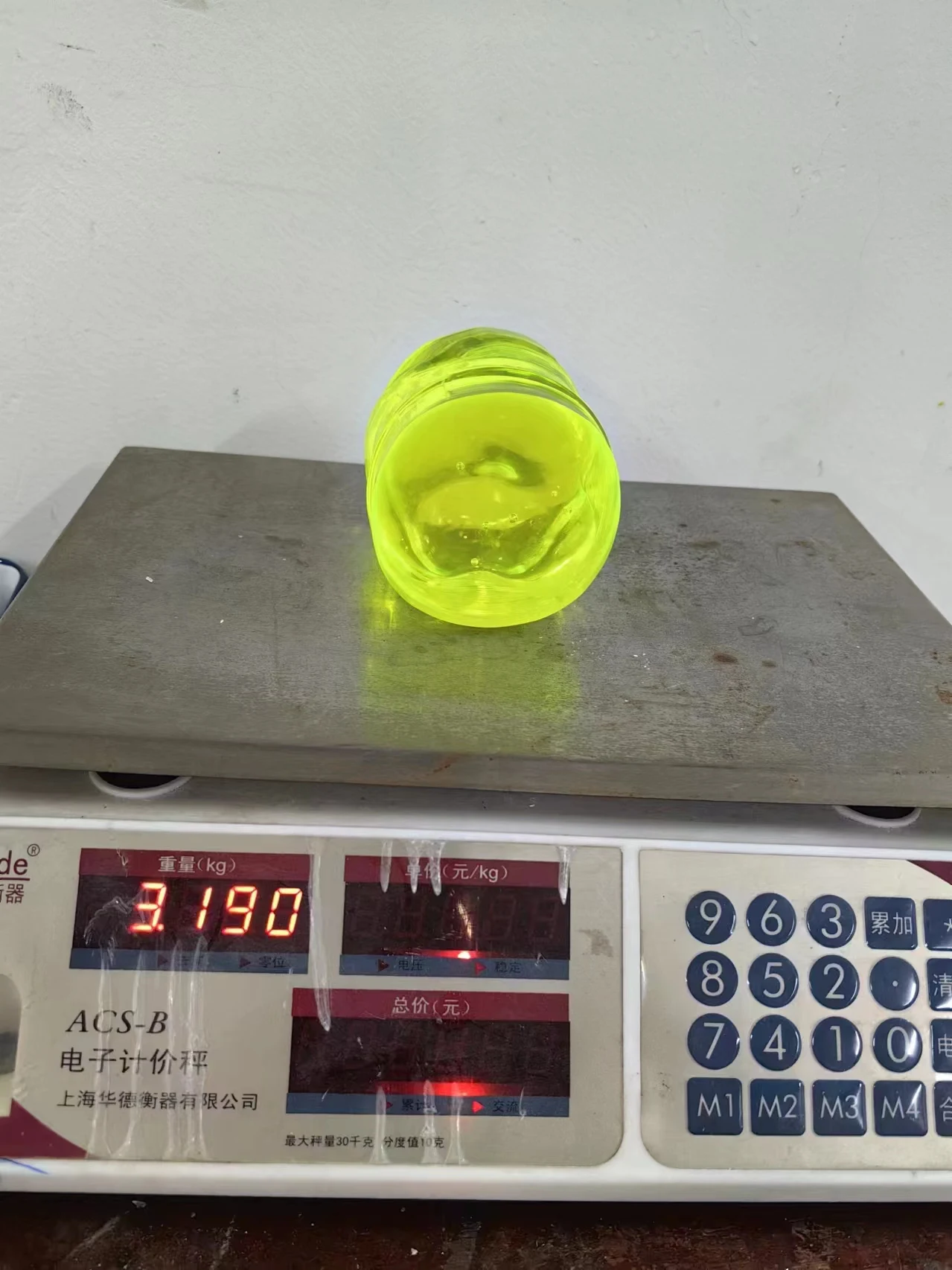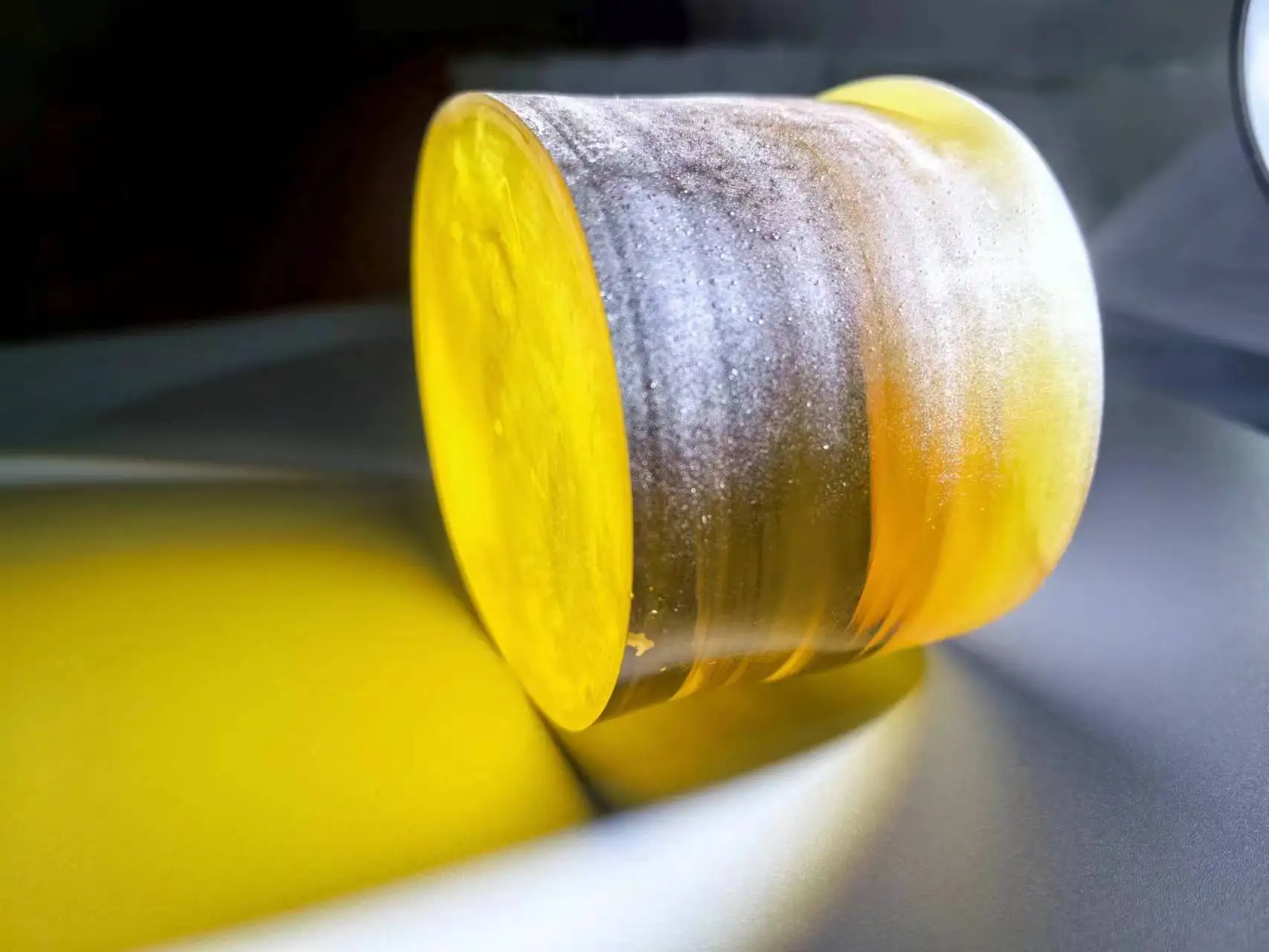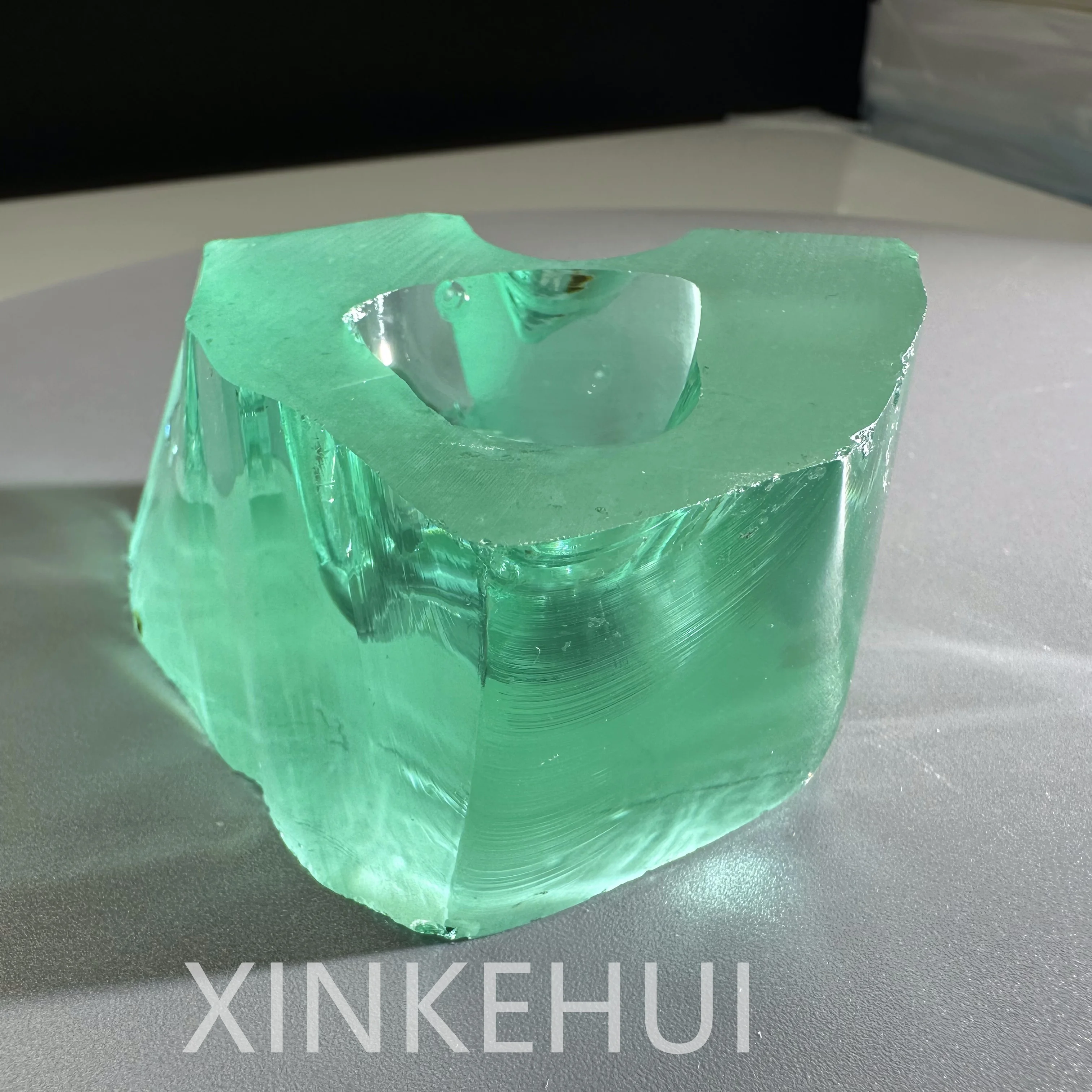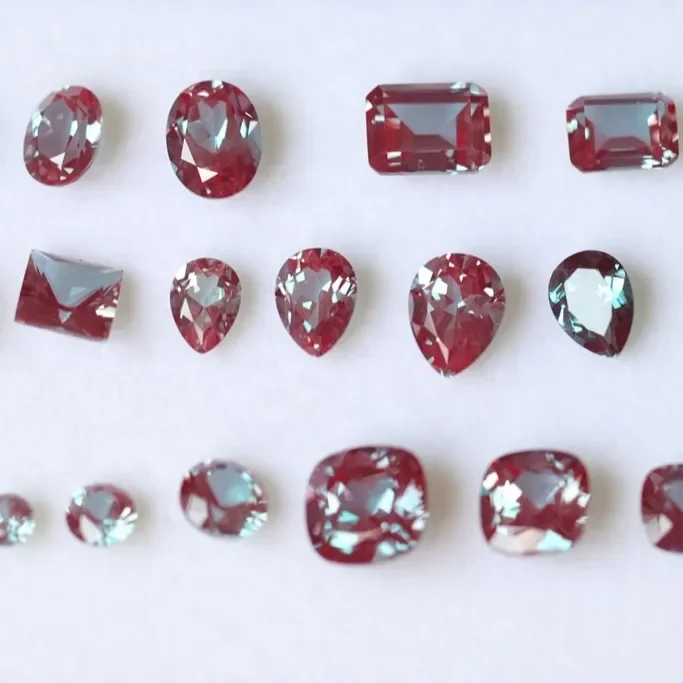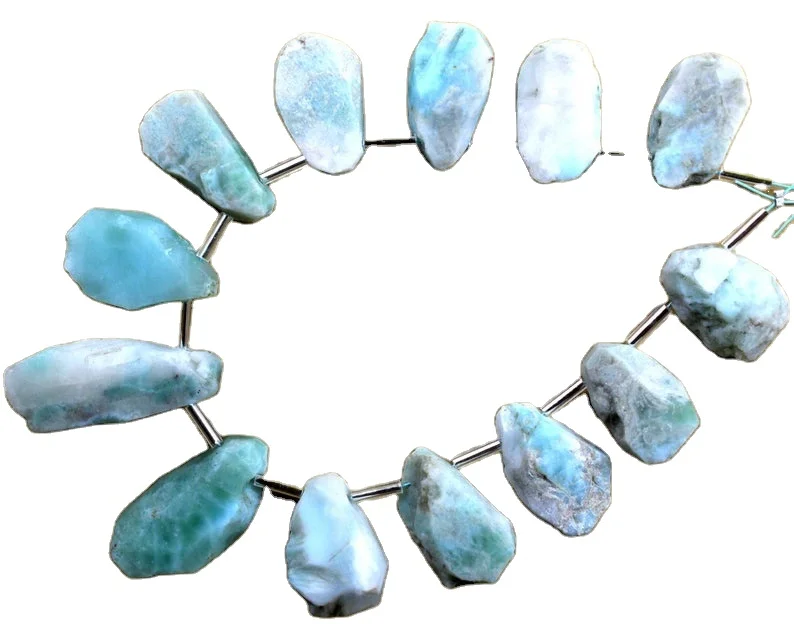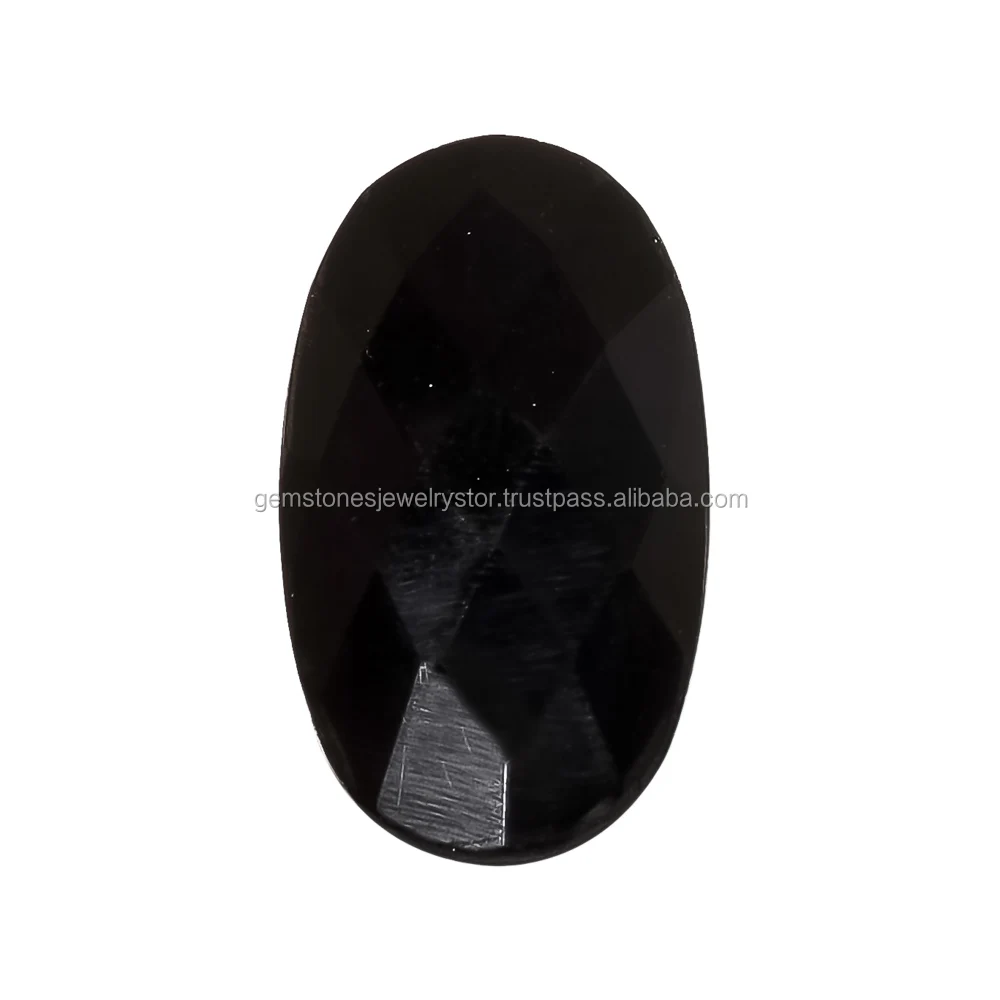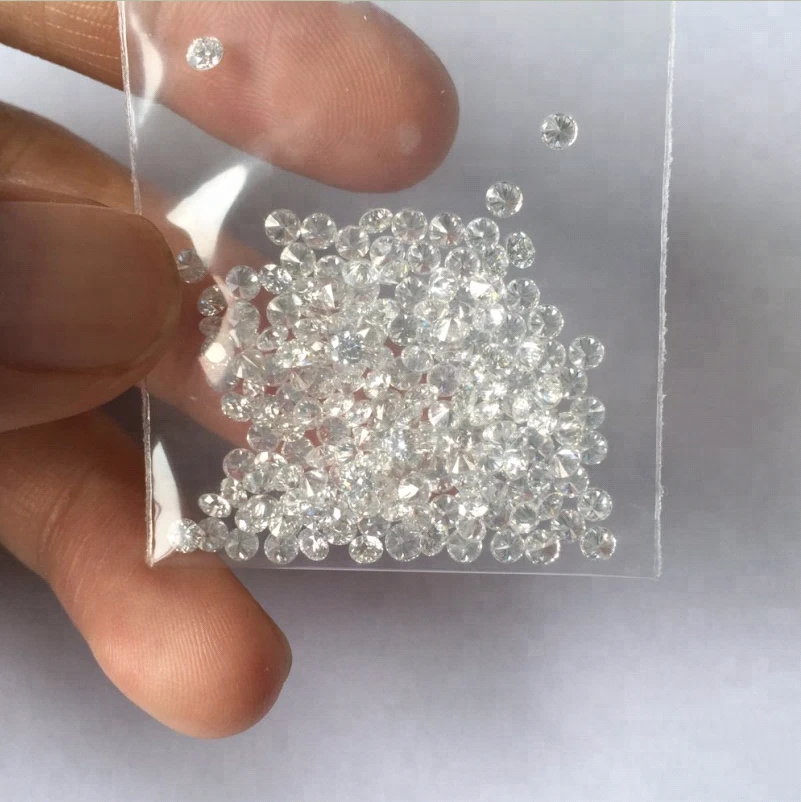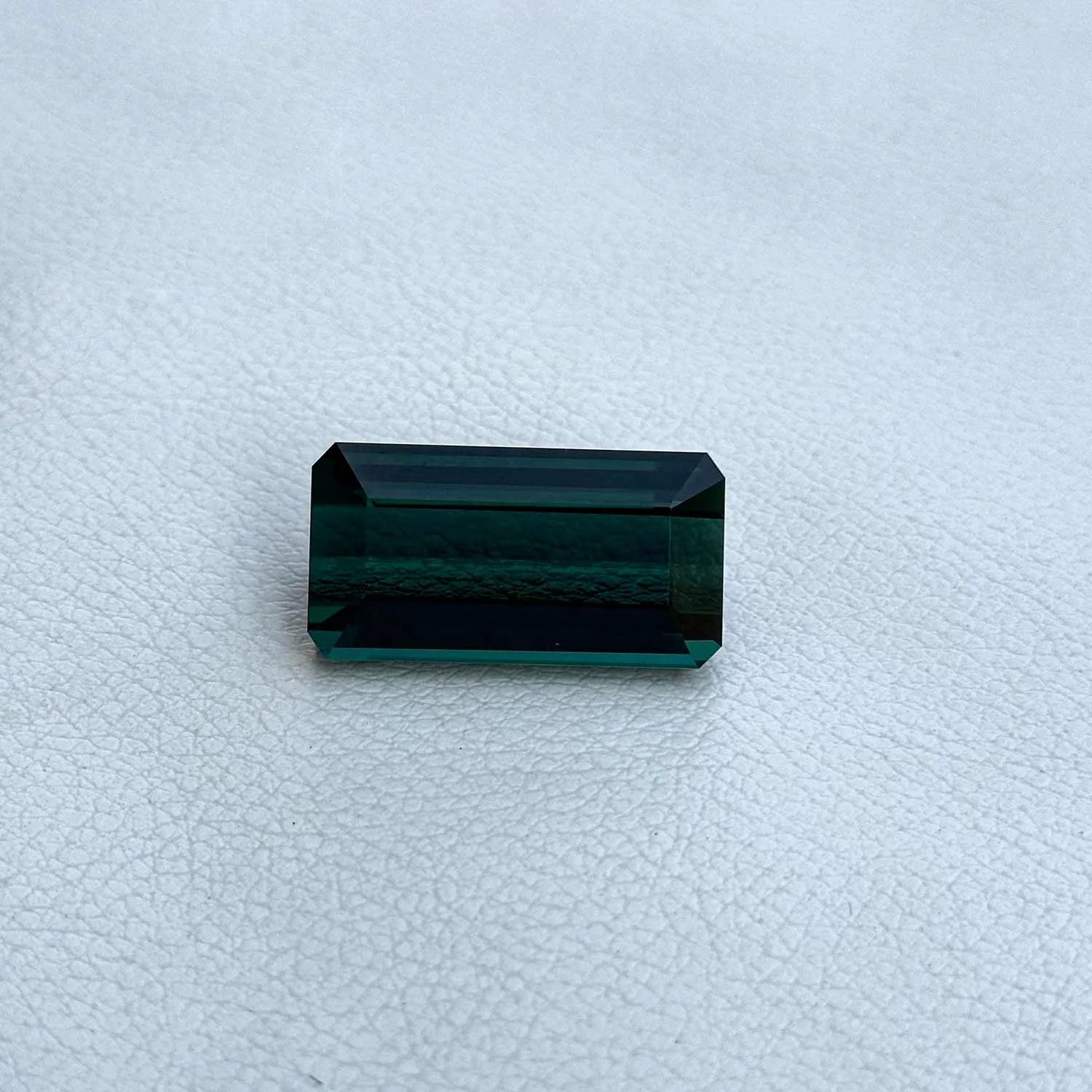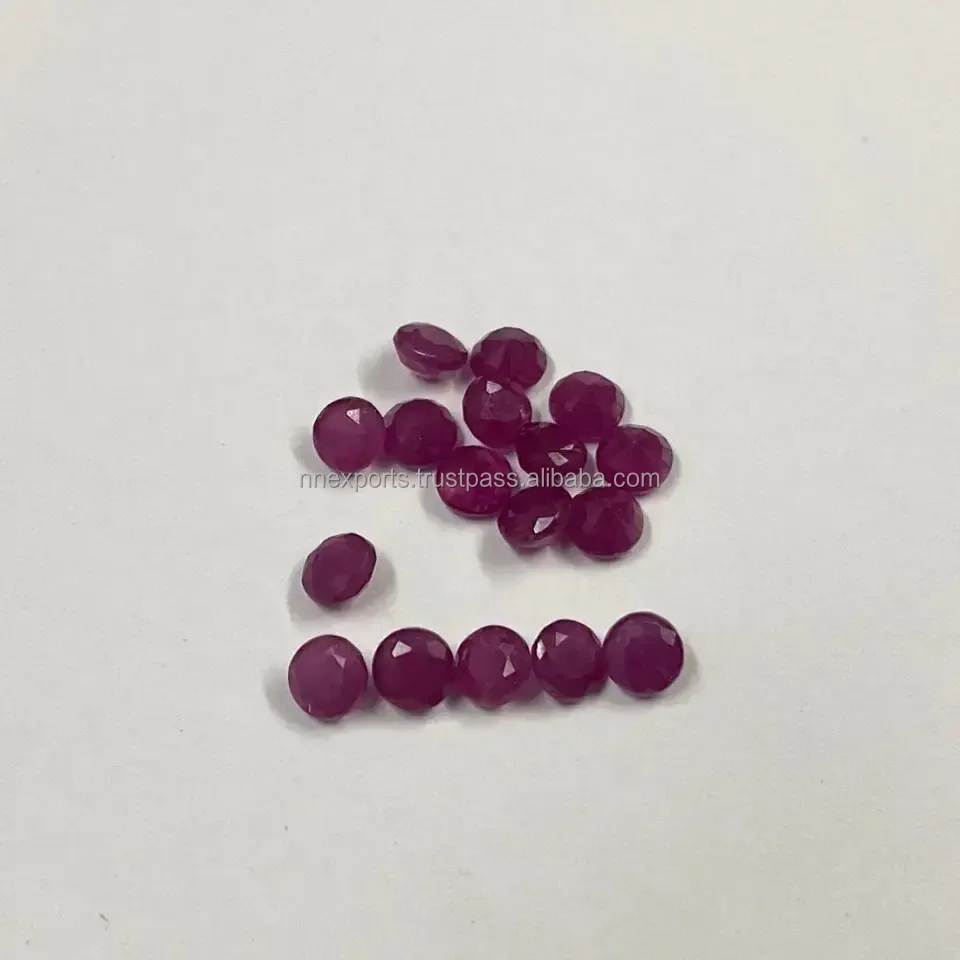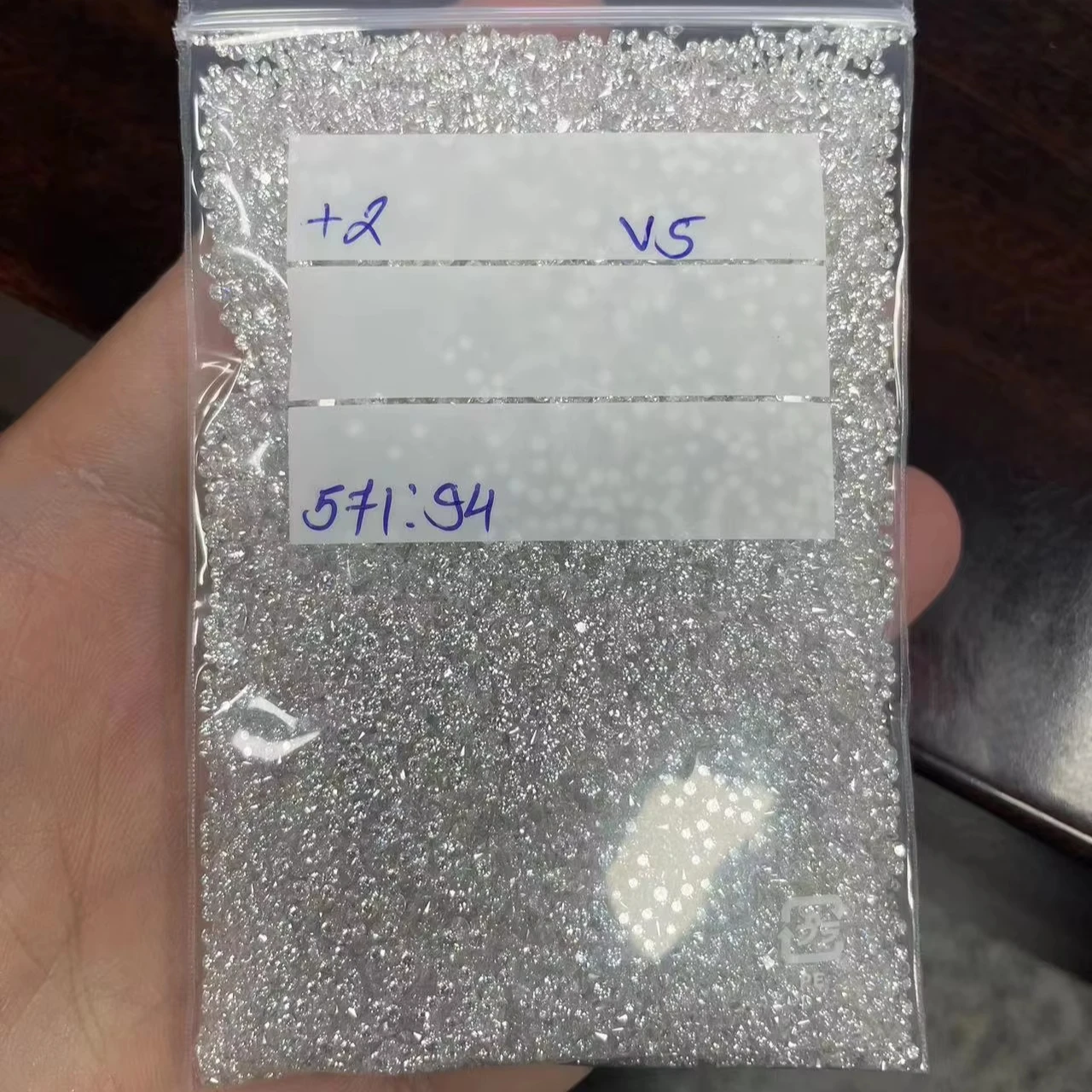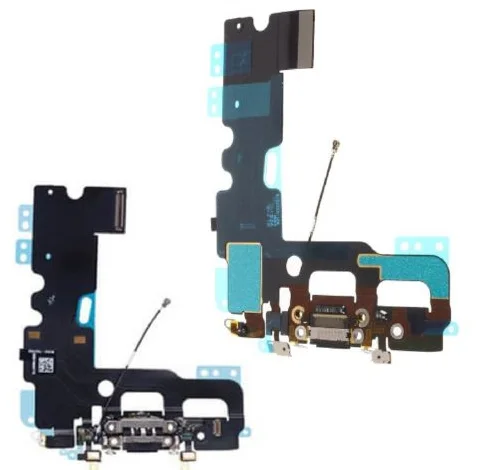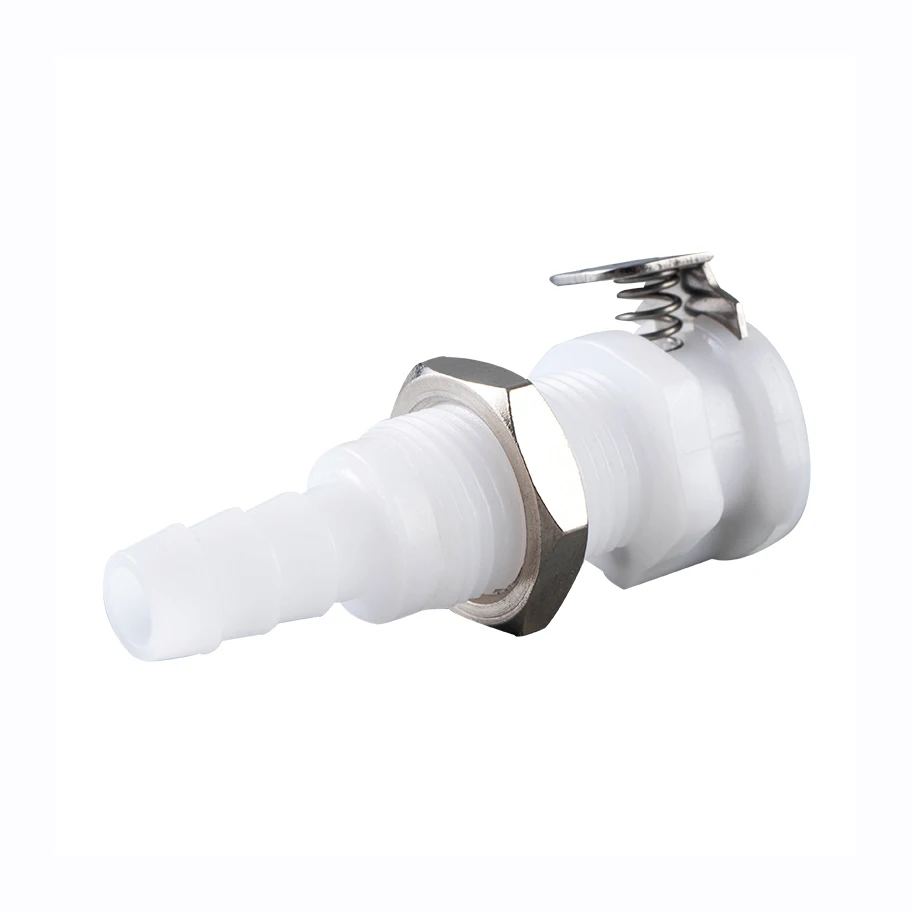Green Yellow Blue Yttrium Aluminium Garnet Raw Material YAG Stone For making gemstone and jewelry
- Category: >>>
- Supplier: Shanghai Xinkehui New Material Co. Ltd.
Share on (1601113313402):
Product Overview
Description
Product Description
Chromium-doped Yttrium Aluminum Garnet Cr:YAG ce+ doped yag laser crystal Laser Systems
Ce+ doped yag laser crystal's abstract Cerium-doped yttrium aluminum garnet (Ce:YAG) crystal has garnered significant attention as a versatile laser material with a wide range of applications in various fields. This abstract aims to provide a concise overview of the key characteristics and applications of Ce:YAG laser crystals.
Ce:YAG crystals belong to the family of rare-earth-doped laser materials, where the incorporation of cerium ions into the YAG crystal lattice plays a pivotal role in enabling laser emission. The unique spectroscopic properties of cerium ions, such as broad absorption bands and efficient energy transfer mechanisms, contribute to the exceptional performance of Ce:YAG as a laser medium.



One of the remarkable features of Ce:YAG crystals is their broad absorption band, which allows efficient absorption of pump radiation from diverse laser sources, including flashlamps, diode lasers, and fiber lasers. This broad absorption bandwidth enhances the flexibility and compatibility of Ce:YAG crystals with different pumping schemes, making them suitable for various laser configurations and applications.
Moreover, Ce:YAG crystals exhibit high optical homogeneity, excellent thermal conductivity, and good mechanical properties, enabling stable and efficient laser operation under demanding conditions. These characteristics make Ce:YAG crystals well-suited for high-power and high-energy laser systems, as well as for applications requiring precise wavelength control and narrow linewidths.
Ce:YAG lasers find widespread use in numerous fields, including medical, industrial, defense, and scientific applications. In
medicine, Ce:YAG lasers are employed for dermatological procedures, dental treatments, and ophthalmic surgeries. In industry, they are utilized for materials processing, laser marking, and micromachining. In defense and scientific research, Ce:YAG lasers servein lidar systems, spectroscopy, and nonlinear optics experiments.
medicine, Ce:YAG lasers are employed for dermatological procedures, dental treatments, and ophthalmic surgeries. In industry, they are utilized for materials processing, laser marking, and micromachining. In defense and scientific research, Ce:YAG lasers servein lidar systems, spectroscopy, and nonlinear optics experiments.



Product Application
Ce+ doped yag laser crystal's application
Cerium-doped yttrium aluminum garnet (Ce:YAG) laser crystals find a variety of applications across different fields due to their unique optical properties and versatility. Some of the key applications of Ce:YAG laser crystals include:
Solid-State Lasers: Ce:YAG crystals are commonly used as gain media in solid-state lasers. They can be pumped by various sources such as flashlamps, diode lasers, or other solid-state lasers. Ce:YAG lasers emit in the near-infrared region and can be frequency-doubled or frequency-tripled to generate visible or ultraviolet wavelengths, making them useful for a wide range of applications.
Medical Lasers: Ce:YAG lasers are extensively used in medical applications, particularly in dermatology, ophthalmology, and dentistry. They are employed for procedures such as skin resurfacing, tattoo removal, treatment of vascular lesions and pigmented lesions, as well as various ophthalmic surgeries and dental procedures due to their precise tissue interaction and minimal thermal damage.
Laser Range Finding and Targeting: Ce:YAG lasers are utilized in laser rangefinders and targeting systems due to their ability to produce high-energy pulses with excellent beam quality and stability. These lasers are essential in military and defense applications for accurate distance measurement, target designation, and guidance systems.
Laser Pumping: Ce:YAG crystals serve as efficient pump sources for other laser materials, such as chromium-doped crystals (e.g., Cr:YAG) or neodymium-doped crystals (e.g., Nd:YAG). By providing high pump efficiency and broad absorption bandwidth, Ce:YAG lasers enable the efficient operation of various solid-state and fiber lasers.
Material Processing and Micromachining: Ce:YAG lasers are employed in industrial applications for cutting, drilling, welding, and marking of various materials, including metals, ceramics, and polymers. Their high peak power, short pulse duration, and excellent beam quality make them suitable for precision machining tasks in manufacturing and fabrication processes.
Scientific Research: Ce:YAG lasers are utilized in various scientific research applications, including spectroscopy, nonlinear optics, and laser-induced fluorescence studies. Their tunable output wavelengths, narrow linewidths, and high pulse energies make them valuable tools for investigating fundamental physical and chemical processes in laboratory settings.

In conclusion, Cerium-doped yttrium aluminum garnet (Ce:YAG) crystals represent a valuable class of laser materials characterized by their broad absorption bandwidth, excellent optical and thermal properties, and versatile applications across diverse fields.
Their unique combination of features makes them indispensable for advancing laser technology and addressing a wide range of scientific, medical, and industrial challenges. Ce+ doped yag laser crystal's showcase
Their unique combination of features makes them indispensable for advancing laser technology and addressing a wide range of scientific, medical, and industrial challenges. Ce+ doped yag laser crystal's showcase
Product Paramenters
Product Name | Raw Material Yttrium Aluminum Garnet YAG Garnet Synthetic Stone Rough Gemstone |
Color | Green, Yellow, Blue, Others |
Material | Yttrium Aluminum Garnet |
MOQ | 1KG |
Product Keywords | Yttrium Aluminum Garnet (YAG) |
Company Introduction
Xinkehui may be a company with extensive experience and profound expertise in the YAG production field, capable of providing customers with high-quality YAG crystal products and professional technical services.
In terms of YAG preparation, Xinkehui possesses advanced technology and equipment:
1. Crystal growth technology: Xinkehui employs advanced crystal growth techniques such as the Czochralski method (CZ method) or the Verneuil method, using high-purity raw materials and strict control of growth conditions to achieve high-quality YAG crystal growth. These techniques ensure the uniformity, purity, and stability of the crystals' structure.
2. Precision machining technology: After crystal growth, Xinkehui employs precision machining techniques to process and grind YAG crystals, ensuring that the crystals meet customer requirements for dimensional accuracy, surface quality, and optical performance. They may use advanced CNC machining equipment and optical measurement instruments to ensure the precision and stability of the machining process.
3. Crystal quality control: Xinkehui rigorously controls every aspect of the production process, conducting comprehensive testing and analysis of raw materials, growth processes, and finished products using advanced quality inspection equipment and techniques. This ensures that the produced YAG crystals have stable performance and excellent quality.
4. Research and development capabilities: As a professional YAG production manufacturer, Xinkehui may also have a strong research and development team dedicated to continuous investment in research and development of YAG materials. They continuously strive to improve product performance and technical levels to meet the diverse needs and application scenarios of different customers.
1. Crystal growth technology: Xinkehui employs advanced crystal growth techniques such as the Czochralski method (CZ method) or the Verneuil method, using high-purity raw materials and strict control of growth conditions to achieve high-quality YAG crystal growth. These techniques ensure the uniformity, purity, and stability of the crystals' structure.
2. Precision machining technology: After crystal growth, Xinkehui employs precision machining techniques to process and grind YAG crystals, ensuring that the crystals meet customer requirements for dimensional accuracy, surface quality, and optical performance. They may use advanced CNC machining equipment and optical measurement instruments to ensure the precision and stability of the machining process.
3. Crystal quality control: Xinkehui rigorously controls every aspect of the production process, conducting comprehensive testing and analysis of raw materials, growth processes, and finished products using advanced quality inspection equipment and techniques. This ensures that the produced YAG crystals have stable performance and excellent quality.
4. Research and development capabilities: As a professional YAG production manufacturer, Xinkehui may also have a strong research and development team dedicated to continuous investment in research and development of YAG materials. They continuously strive to improve product performance and technical levels to meet the diverse needs and application scenarios of different customers.



2. Research and Development Investment: Xinkehui may continuously invest funds, manpower, and time in the research and development of YAG materials to continuously improve product performance and technical level. This may include establishing laboratory facilities, purchasing advanced research and development equipment, and conducting collaborative research projects.
3. Technological Innovation: They may focus on exploring new crystal growth techniques, processing technologies, and application fields to improve the growth efficiency of YAG crystals, optimize their optical performance, and expand their applications in areas such as laser technology, optical communication, and medical equipment.
4. Product Improvement: Given the constantly changing market and customer demands, Xinkehui may continuously improve the performance and quality of existing products to meet market needs and introduce more competitive new products. This may involve optimizing material formulations, improving production processes, and optimizing product structures.
5. Patent Technology: Xinkehui may actively apply for and protect relevant patent technologies to safeguard the rights and interests of their research and development achievements and provide support and protection for future technological innovations.
Other Products
In addition to Raw Material Yttrium Aluminum Garnet YAG Garnet Synthetic Stone Rough Gemstone, we can also provide you with the following products, welcome to consult.
FAQ
1. Q: Do you accept OEM service ?
A: YES. We can make customized designed products according to the drawing or samples of bothgemstone and jewelry.
2. Q: How can I get the quotation?
A: Please send more details, such as material, shape, color, size, application, quantity, quality, and special demand etc. That may be helpful for us to offer the exact price.
3. Q: What's your MOQ?
A: (1) For inventory, the MOQ is 1kg
(2) For customized products, the MOQ is 3-5 kg up.
4. Q: What is the payment term?
A: We accept payments by PayPal,T/T, Money Gram and Western Union. If you have any troubles on paying, please feel free to leave a message to us or email us .
A: YES. We can make customized designed products according to the drawing or samples of bothgemstone and jewelry.
2. Q: How can I get the quotation?
A: Please send more details, such as material, shape, color, size, application, quantity, quality, and special demand etc. That may be helpful for us to offer the exact price.
3. Q: What's your MOQ?
A: (1) For inventory, the MOQ is 1kg
(2) For customized products, the MOQ is 3-5 kg up.
4. Q: What is the payment term?
A: We accept payments by PayPal,T/T, Money Gram and Western Union. If you have any troubles on paying, please feel free to leave a message to us or email us .
We Recommend
New Arrivals
New products from manufacturers at wholesale prices
